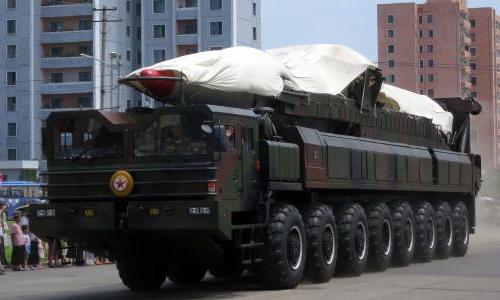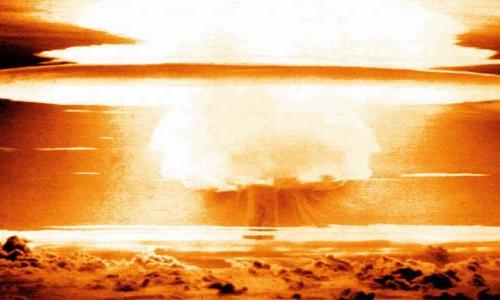Accidental nuclear war is more often portrayed as the subject of science fiction, 这是不可能的.
But despite the Cold War ending decades ago, the United States and Russia still keep hundreds of nuclear weapons on high alert, 准备发射. 也被称为“一触即发的紧张,” this rapid launch option significantly raises the risk of an accidental, 未经授权的, 或者错误的核攻击, with no appreciable benefits to national security.
在它的表面, the system is simple: if we detect and verify a nuclear attack, we’ll launch our own missiles before they’re destroyed. But the process must occur within minutes, and relies heavily on error-prone radar, 卫星, 以及人类交流系统, all of which are susceptible to false alarms and, 潜在的, 网络攻击. And because the timeframe is so short, the military depends on scripted nuclear launch procedures that are routinely rehearsed, biasing the process toward a decision to launch—especially in times of crisis.
From faulty computer chips to simple human mistakes, dozens of near misses and safety accidents illustrate these and other shortcomings. No single incident has caused an accidental, 未经授权的, or mistaken launch yet—but the probability is not zero. 发生的事件越多, 的可能性就越大, due to confusion and an unforeseen confluence of events, 其中一个会导致灾难.






